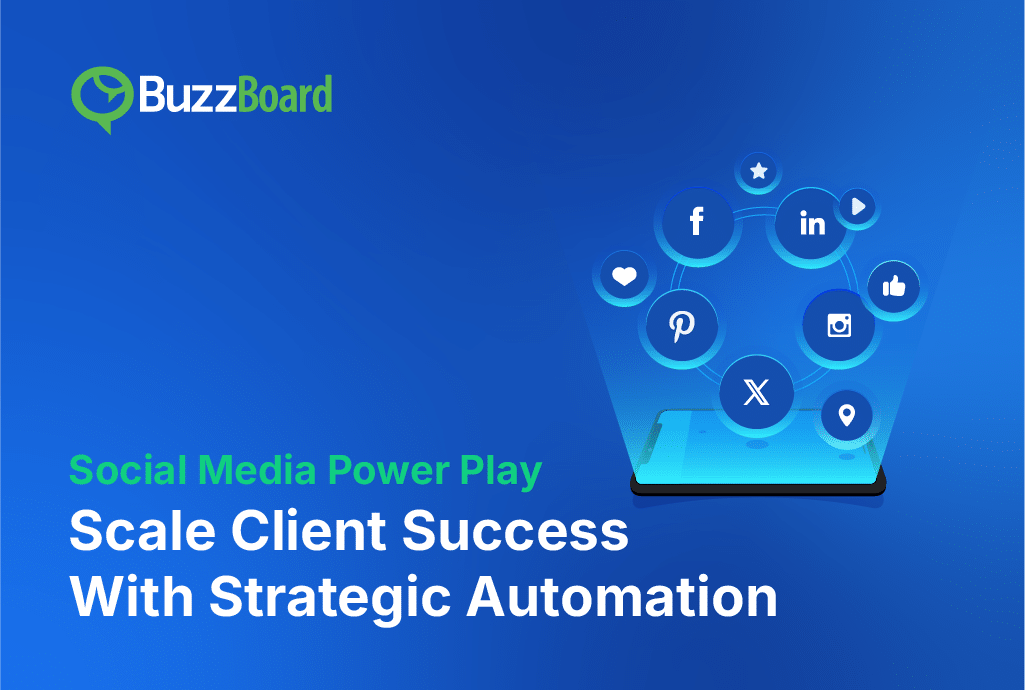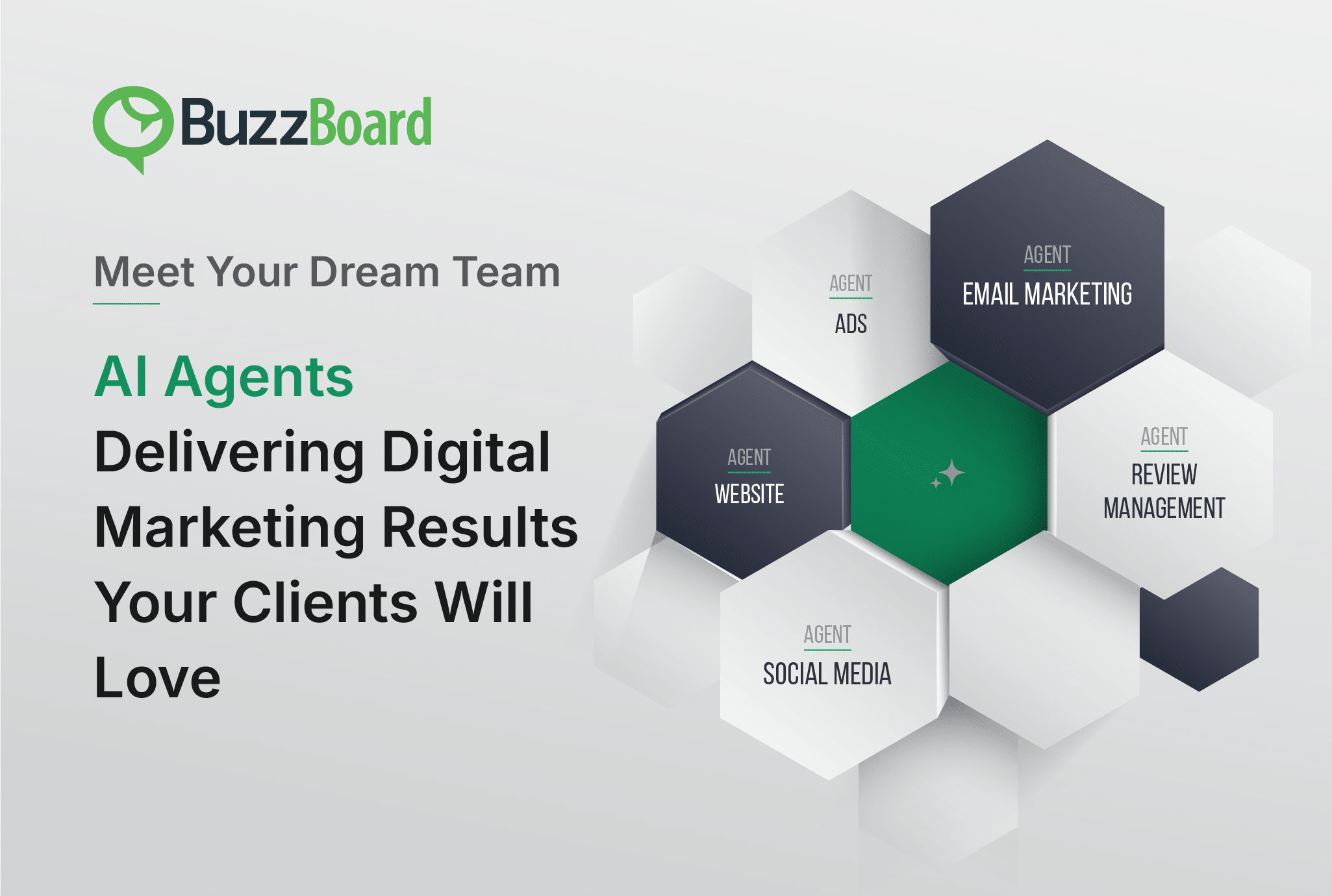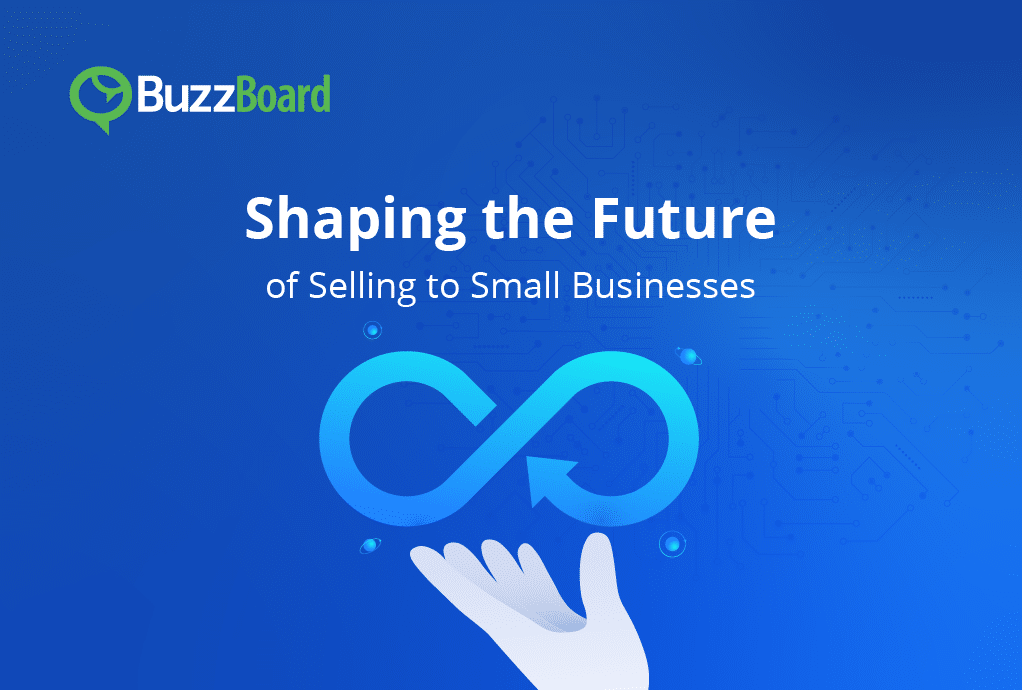Small Business Social Media Marketing Reality: Two Perspectives
Ask any entrepreneur about how their small business social media marketing is doing… and they would not shy away from expressing their exhaustion. For small business owners, keeping up with social media feels like running on a treadmill that’s always speeding up. But why?
Not too long ago, small businesses relied heavily on word-of-mouth, flyers, and local ads to attract customers. Fast forward to today, and social media has flipped that script. Platforms like Facebook and Instagram have democratized marketing, giving even the smallest brands a global stage. As of 2025, almost 63.9% of the world’s population, which is 5.24 billion, are using social media.
But while the potential is huge, keeping up with the ever-shifting digital terrain feels like trying to hit a moving target… especially for small business owners who are often juggling multiple hats. To begin with, the need for consistent content creation, maintaining engagement with customers, and monitoring analytics to measure success—all while managing day-to-day operations and matching pace with the latest trends somewhere bog them down.
Then again, that’s not the whole truth. Despite the frustrations and missteps, social media remains the first choice for small business owners—and for good reason. Take it from us, for all digital agencies, helping SMBs harness this potential while minimizing the stress can be a game-changer—turning struggles into real wins. So how can your agency help its clients navigate and thrive in this dynamic space? Let’s dive in.
Why Social Media Is the Top Choice for Small and Local Business Marketing?
Social media remains the undisputed champion. Why? Simply put, it’s affordable, accessible, and gives small brands the chance to make a big impact.
The vast potential and powerful impacts of social media marketing for smaller commercial entities (SMBs or SMEs) cannot be overstated. By leveraging mainstream platforms like Facebook, Instagram, Twitter, Pinterest, and LinkedIn, companies are enhancing brand recognition, appealing to new demographics, and increasing sales. These platforms offer unique opportunities for businesses to communicate with clients, nurture relationships, and stimulate a sense of community regarding their products or services.
Here’s a closer look at why social media continues to be the go-to marketing channel for SMBs:
1. Budget-Friendly With Big Potential
For small businesses operating on tight budgets, traditional advertising (think TV spots or print ads) is often out of reach. Social media levels the playing field by offering cost-effective ways to promote products and services—whether through organic posts or highly targeted paid ads.
2. Direct Connection With Customers
Unlike traditional marketing channels, social media fosters real-time, two-way communication. Small businesses can engage directly with their audience, answer questions, address concerns, and build lasting relationships.
3. Data-Driven Insights for Smarter Decisions
Social media provides robust analytics that give SMBs a clear picture of what’s working and what’s not. Metrics like engagement, reach, and conversions allow businesses to fine-tune their strategies and allocate resources more effectively.
4. Hyper-Targeted Advertising With Precision
Social media platforms offer sophisticated ad targeting options that allow small businesses to reach the right audience at the right time. SMBs can target potential customers based on demographics, interests, location, and online behavior.
5. Amplifying Word-of-Mouth Marketing and Building Trust
Social media thrives on testimonials, reviews, and user-generated content—all of which act as powerful social proof. This turbocharges word-of-mouth by making it easier for satisfied customers to share their positive experiences with their networks. A glowing review, a shared post, or a tagged recommendation can introduce a small business to hundreds—or even thousands—of potential new customers.
6. Low Barrier to Entry With High Rewards
Getting started on social media doesn’t always require an advanced marketing degree or a massive team. With just a smartphone and some creativity, small businesses can begin building an online presence and engaging with their target audience.
You see, in a fast-paced digital world, the ability to pivot is critical. Social media gives SMBs the flexibility to experiment, test new ideas, and quickly adapt their strategies based on audience response and changing trends. Even a small-town business can interact with potential customers on regional, national, or even global stages, leveraging the privilege of making quick social media strategy adjustments, keeping their businesses agile and responsive to market shifts.
How to Develop a Social Media Strategy for Small, Local Businesses?
Usually, these are the thumb rules to empower small and local businesses to build awareness, engage with customers, and drive sales through social media platforms:
Defining Target Audience: Understand who the ideal customer is, what their pain points are, and what motivates them to engage with your client’s brand.
Setting Clear Goals: Determine what you want to achieve through social media marketing, whether it’s increasing brand awareness, driving sales, or generating leads.
Developing a Content Strategy: Create a content calendar that resonates with the target audience, includes a mix of promotional and educational content, and is optimized for each platform.
Leveraging Visual Content: Use high-quality images, videos, and graphics to make the content stand out and capture attention.
Engaging With Your Client’s Audience: Respond to comments, messages, and reviews in a timely and personalized manner to build trust and foster loyalty.
Monitoring and Measuring Performance: Track social media metrics, such as engagement rates, conversions, and return on investment, to refine your strategy and optimize results.
However, these are just the basics, and as an agency, you most certainly have got them right. What’s important to understand is that simply following a ‘basic playbook’ of social media marketing won’t take small businesses very far. Posting a few times a week, responding to comments, and throwing in the occasional promo might keep a business visible—but it won’t drive real growth. As their professional advisor, you’re expected to help local businesses unlock their full potential of social media marketing and achieve their marketing goals.
To truly move the needle, agencies need to dig deeper, think strategically, and put in the extra effort to craft tailored, high-impact social media strategies.
But first, let’s dive deeper into the key roadblocks these marketing agencies face that keep them from delivering exceptional, scalable results.
What Are the Challenges Digital Agencies Face in Delivering Great Social Media Results to SMBs?
Even with the best intentions, digital agencies often face significant challenges when managing social media campaigns for local small to medium businesses:
1. Time-Consuming, Repetitive Tasks
Agencies spend countless hours brainstorming post ideas, sourcing visuals, and managing schedules. These repetitive processes drain time and limit creativity, leaving less room for strategic innovation.
2. Struggling With Data Overload
Analyzing engagement metrics, identifying content trends, and optimizing ad performance requires deep data analysis. Many agencies lack the bandwidth to manually track performance across multiple platforms.
3. Inefficient Feedback and Approval Loops
Client feedback often results in multiple rounds of revisions, slowing down the approval process. This back-and-forth delays publishing schedules and reduces agility.
4. Scaling Without Compromising Quality
As agencies onboard more SMB clients, maintaining high-quality service becomes difficult. Manually managing an expanding client base increases the risk of errors and inconsistent performance.
5. Lack of Advanced Audience Insights
Agencies often struggle to tailor content to each client’s target audience due to limited access to behavioral insights. Without real-time data, creating content that resonates becomes guesswork.
6. Juggling Multiple Tools to Platform Algorithm Shifts
Agencies often juggle different tools for scheduling, design, analytics, and reporting. Switching between platforms disrupts workflows. Plus, Social media platforms constantly update their algorithms and features. Staying ahead of these changes while maintaining high performance for multiple clients can be overwhelming.
7. Managing Client Expectations and Education
SMBs often expect immediate results from social media efforts. Educating clients about realistic timelines and campaign optimization strategies takes time and requires consistent communication.
For digital agencies that aim at pushing beyond the basics to help small businesses thrive on social media, AI agents are emerging as powerful allies. These intelligent, automated systems can handle everything from content creation to audience analysis—freeing up valuable time while driving better results.
How Agencies Can Use AI Agents to Supercharge Social Media Growth for Small Businesses?
The encouraging effects of social media marketing have driven many small businesses to seek the professional services of digital marketing agencies. And rightly so, as agencies possess the expertise to navigate the dynamic social media environment, design customized digital marketing strategies, and heighten a small business’s online presence. This collaborative effort can significantly boost customer interaction, stimulate sales, and ultimately, spark business expansion.
Here are some additional points to consider when communicating the benefits of social media marketing to your clients:
The Importance of Consistency: Consistency is key when it comes to social media marketing. By maintaining a consistent tone, voice, and aesthetic across all of their social media platforms, businesses can build trust with their audience and establish a strong brand identity.
The Power of Storytelling: Storytelling is a powerful tool in social media marketing. By sharing compelling stories and anecdotes, businesses can connect with their audience on a deeper level, build emotional connections, and drive engagement.
The Value of Authenticity: Authenticity is essential in social media marketing. By being genuine, transparent, and honest, businesses can build trust with their audience, establish credibility, and drive loyalty.
The Role of Influencer Marketing: Influencer marketing is a growing trend in social media marketing. By partnering with influencers who align with their brand values and target audience, businesses can reach new customers, build credibility, and drive conversions.
The Significance of Measuring ROI: Measuring the return on investment (ROI) of social media marketing is crucial. By tracking their metrics and analyzing their data, businesses can determine the effectiveness of their social media marketing efforts and make informed decisions about their marketing budget.
By considering these points and highlighting the benefits of social media marketing for small and local businesses, you can help your clients achieve their marketing goals, drive business growth, and ultimately, achieve success.








